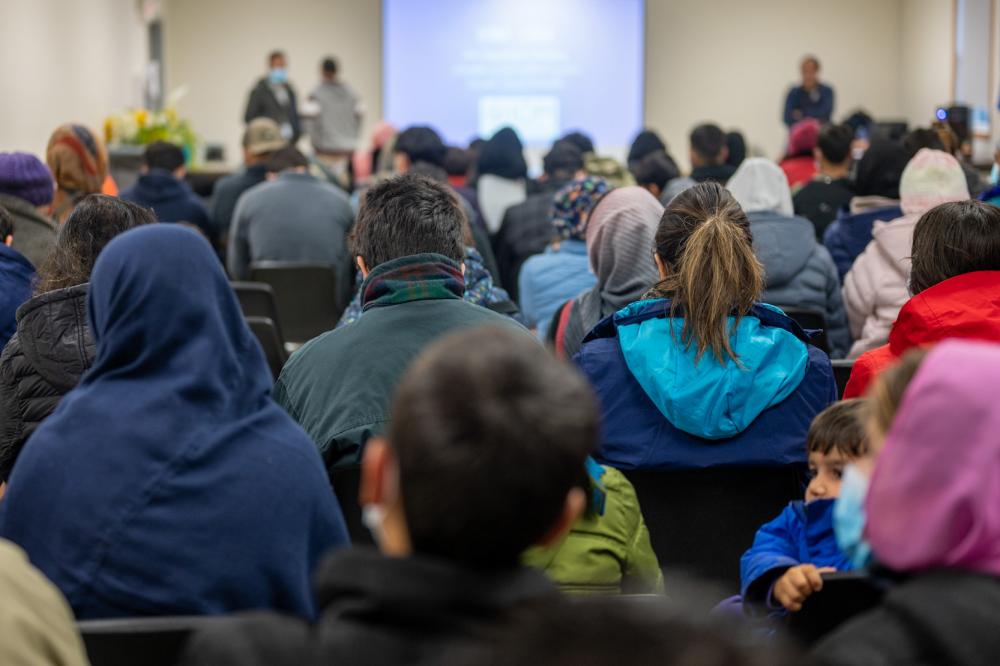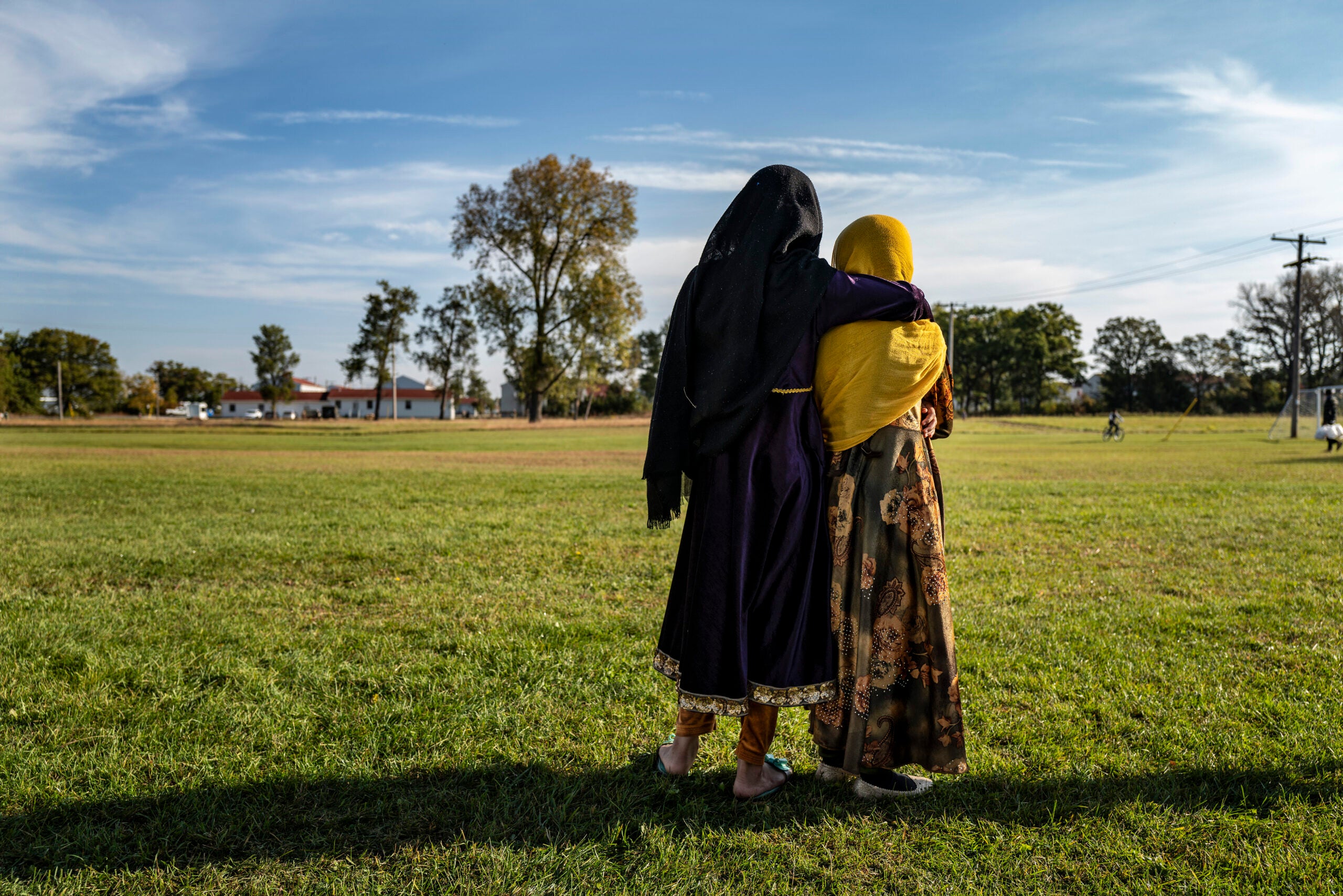A Fox Valley organization has brought more than 400 refugees to the state, but that’s just the beginning of its work. A spokesperson discusses how refugees can make a community better, and the importance of preparing them for a long Wisconsin winter. We also catch up on the major news in national politics this week.
Featured in this Show
-
This Week In Washington – December 9, 2015
Harry Enten, senior political writer and analyst for FiveThirtyEight, joins Central Time for our weekly look at the most pressing issues in national politics.
-
Acclimating Refugees To Wisconsin
The director of World Relief Fox Valley talks about helping refugees acclimate to life in Wisconsin, particularly as winter sets in.
-
Refugee Settlement Director Encourages Americans To Trust The Screening Process
The director of a Wisconsin-based refugee resettlement organization said she trusts the government screening process, despite calls from some elected officials and presidential candidates to scale back or even ban Syrian refugees and Muslims from entering the United States.
GOP presidential candidate Donald Trump ratcheted up discussion of the issue following recent shootings in San Bernardino, California, when he called for “a total and complete shutdown of Muslims entering the United States until our country’s representatives can figure out what is going on.”
Other politicians have taken a softer approach. Governors across the country, including Wisconsin’s Scott Walker, have called on President Barack Obama to decrease the number of Syrian refugees he’s committed to welcoming into the nation.
But Tami McLaughlin, office director of World Relief Fox Valley, an organization that helps resettle refugees in Appleton and Oshkosh, said slowing down the pace endangers the lives of refugees, many of whom face extreme persecution and even death.
It’s especially negligent, she said, because the system in place works.
“We are not concerned about any security issues that (refugees) might bring with them,” McLaughlin said. “We are very comfortable and confident in what the government has established as a security process for them.”
McLaughlin explained that the refugee resettlement process typically takes anywhere between 18 to 24 months.
“It includes interviews, health screenings, background checks, and more background checks,” she said. “It includes the Department of State, the Department of Homeland Security, FBI and other agencies and bureaus. So by the time they get here, we know who they are and we know where they’re from.”
Far from the political conversation, newly arrived refugees may need help with everything from learning English to finding a job. The first month after resettlement is a crucial time to help refugees settle in their new land, McLaughlin said. She described it as a whirlwind process of securing housing, applying for Social Security, job trainings, cultural orientations and registering children into school.
McLaughlin said her organization’s partners — including health care providers, school districts, police departments and churches — are able to provide other wraparound services for refugees, including treating any trauma suffered from the land they left.
Here in Wisconsin, acclimating to a new home may also mean preparing for a first winter.
“So many of them are coming from warm climates,” McLaughlin said. “They hear about winter and snow and haven’t seen either really. That’s something that we laugh at but it really is kind of a fear for them.”
As the refugee policy continues to be at the center of debate, McLaughlin said she hopes people will take time to learn about resettlement process before making a judgement. Knowing the living conditions that many of the refugees she works with, McLaughlin said she treasures the opportunity to provide a new future.
Episode Credits
- Rob Ferrett Host
- Veronica Rueckert Host
- Judith Siers-Poisson Producer
- Galen Druke Producer
- Harry Enten Guest
- Tami McLaughlin Guest
Wisconsin Public Radio, © Copyright 2024, Board of Regents of the University of Wisconsin System and Wisconsin Educational Communications Board.


